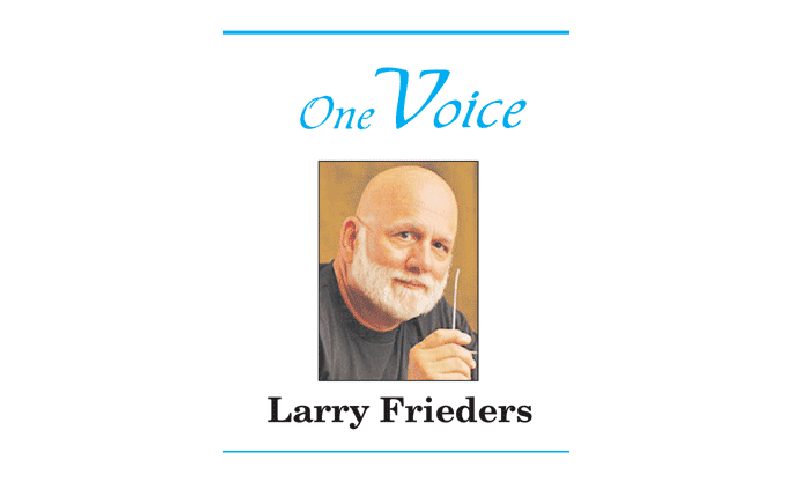
Is CBD (Hemp) a Hoax or a Fad?
For vast amounts of history, life on earth, including human, advanced side-by-side with hemp, a prolific weed. It grew everywhere. Animals ate it. Birds loved the seed. A survey in 2003 showed that more than 95% of hemp seed sold in the European Union is still used in animal and bird feed. Humans long have made things from hemp parts and came in contact with its ingredients every time they handled it.
Britain’s colonies were compelled by law to grow hemp. It was used in all their sailing vessels; rope, sails, caulking seams. Hemp flourished in the new world and spread quickly to practically every open piece of land.
In 1937, the U.S. Federal government imposed a marijuana tax which effectively pulled all forms of hemp away from the common citizen. The tax was repealed in 1970, but the Federal restriction on the use of the plant mostly persists to this day. Marijuana is defined by the DEA as a Schedule I substance (not a drug), which is defined by the government as having not accepted medical use and possessing a high potential for abuse. Schedule I substances are called the most dangerous of all the drug schedules.
By mingling conversations about hemp and marijuana, truth about legitimate uses, benefits, and safety of hemp, may be misplaced. Government long has maintained a restriction on the use of hemp because of a presumed association with marijuana and its psychoactive ingredient, THC (tetrahydrocannabinol). In recent years, individual states have asked questions of the Federal position on hemp and marijuana and have passed laws that directly oppose the Federal position. Perhaps the unnecessary wall around hemp and cannabis is beginning to crumble.
Controversy and fear can be set aside when truth is known and understood. Evidence strongly suggests that the medically-helpful part of the cannabis family of plants is Cannabidiol (aka CBD), from the stems and leaves, rather than the psychoactive portions, THC, found in the flowers.
Research in Israel since the 1960s has demonstrated that humans, and most other animals have large numbers of CBD receptor sites throughout their body, which are commonly referred to as the endocannabinoid system (ECS). This is consistent with the observation about advancing side-by-side with hemp plants. That research has demonstrated that depriving the ECS of its CBD keys can cause a body to experience symptoms of imbalance. Recent work exhibits a myriad of uses for CBD that are not associated with the psychoactive properties of cannabis: Pain relief, anxiety, sleep problems, and symptoms associated with a myriad of chronic disease. Recent efforts by the pharmaceutical industry to create synthetic version of THC have failed miserably at treating symptoms that commonly seem to be relieved by CBD.
CBD is not marijuana. Some of the better CBD products contain no THC at all, yet benefit users all the same. Although nothing is perfectly safe and effective, quality CBD products are reportedly safe and effective for even the most fragile person.
Consuming CBD is neither a fad nor a hoax. Reports seem to be released almost daily supporting the benefits of this natural substance.
Those who choose to use CBD will be faced with a variety of dissimilar outlets; from a tobacco/vape shop, a kiosk at a mall, an online mail order company, a multi-level-marketing business, or a health professional they know and trust. After researching and evaluating CBD, The Compounder Pharmacy in Aurora has selected to offer a single product. It contains 500mg of pure CBD in a medium chain triglyceride base (coconut oil). Common doses are a half dropperful (8 mg) under the tongue two to four times daily.
There are numerous reports that regular use of CBD allows some people to reduce or even discontinue their prescription drugs. CBD is supplement, not a drug. Thinking it replaces drugs may be hazardous. Be clear that under no circumstance should anyone stop using prescribed drugs without the express permission of a doctor.
Larry Frieders is a pharmacist in Aurora who had a book published, The Undruggist: Book One, A Tale of Modern Apothecary and Wellness. He can be reached at thecompounder.com/ask-larry or www.facebook.com/thecompounder.

